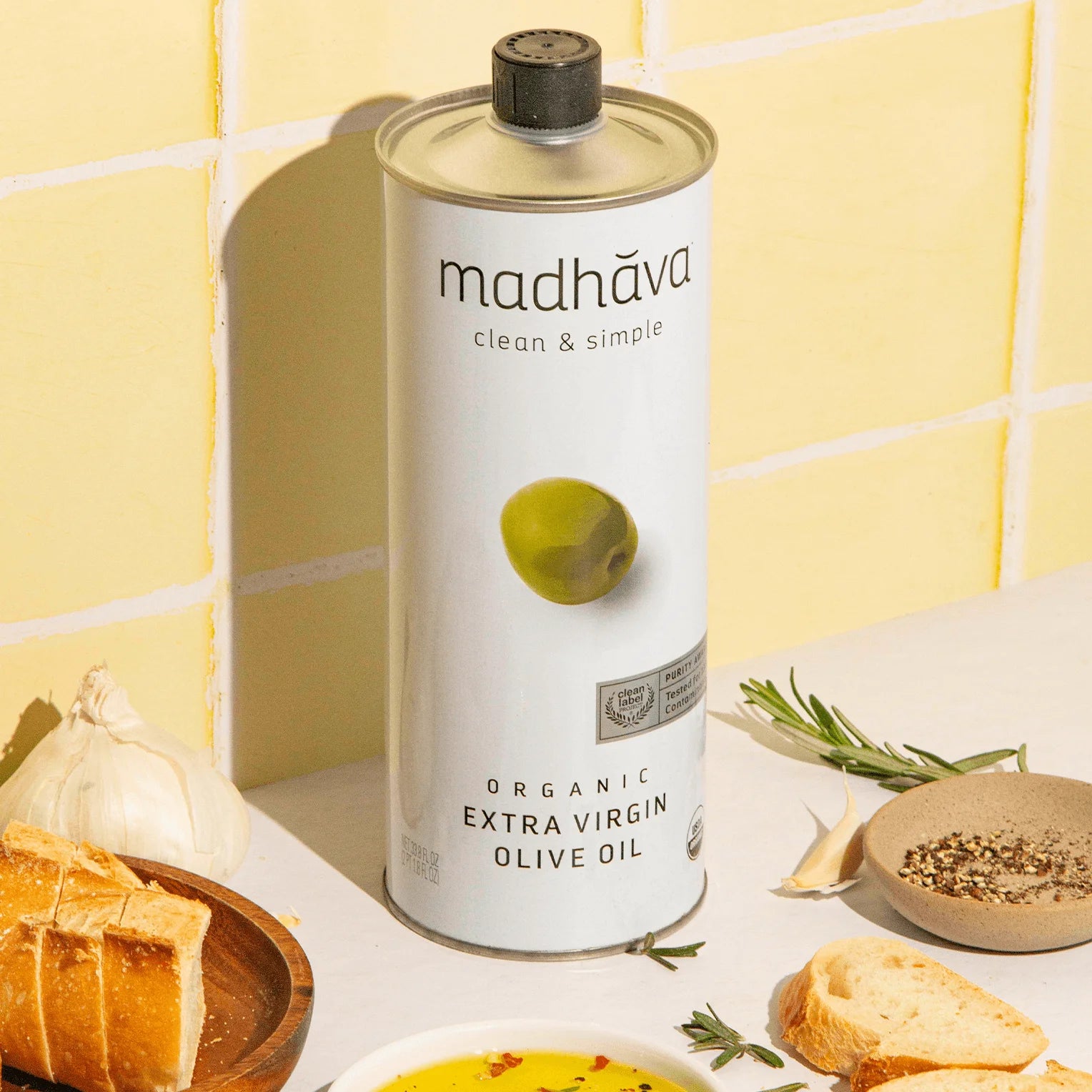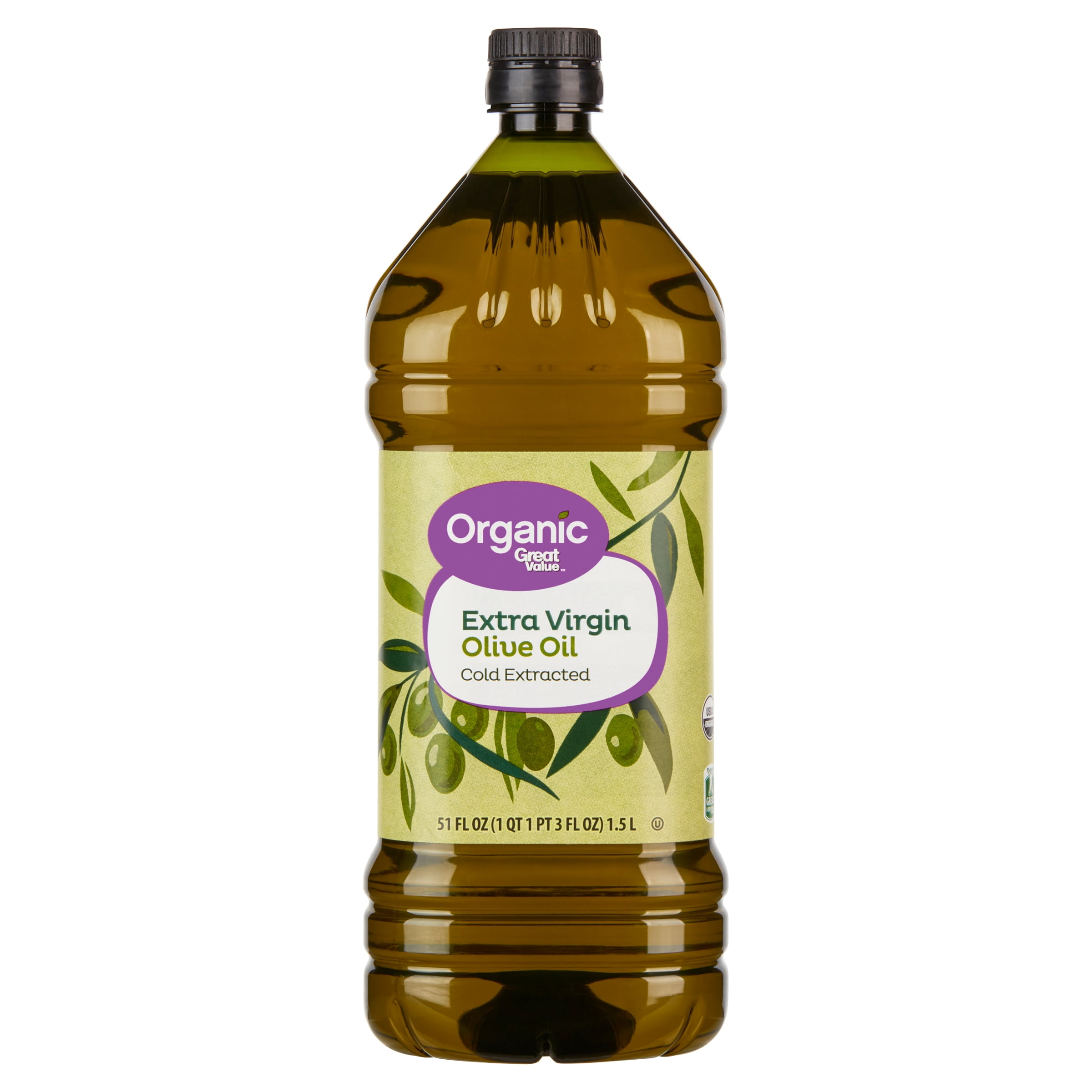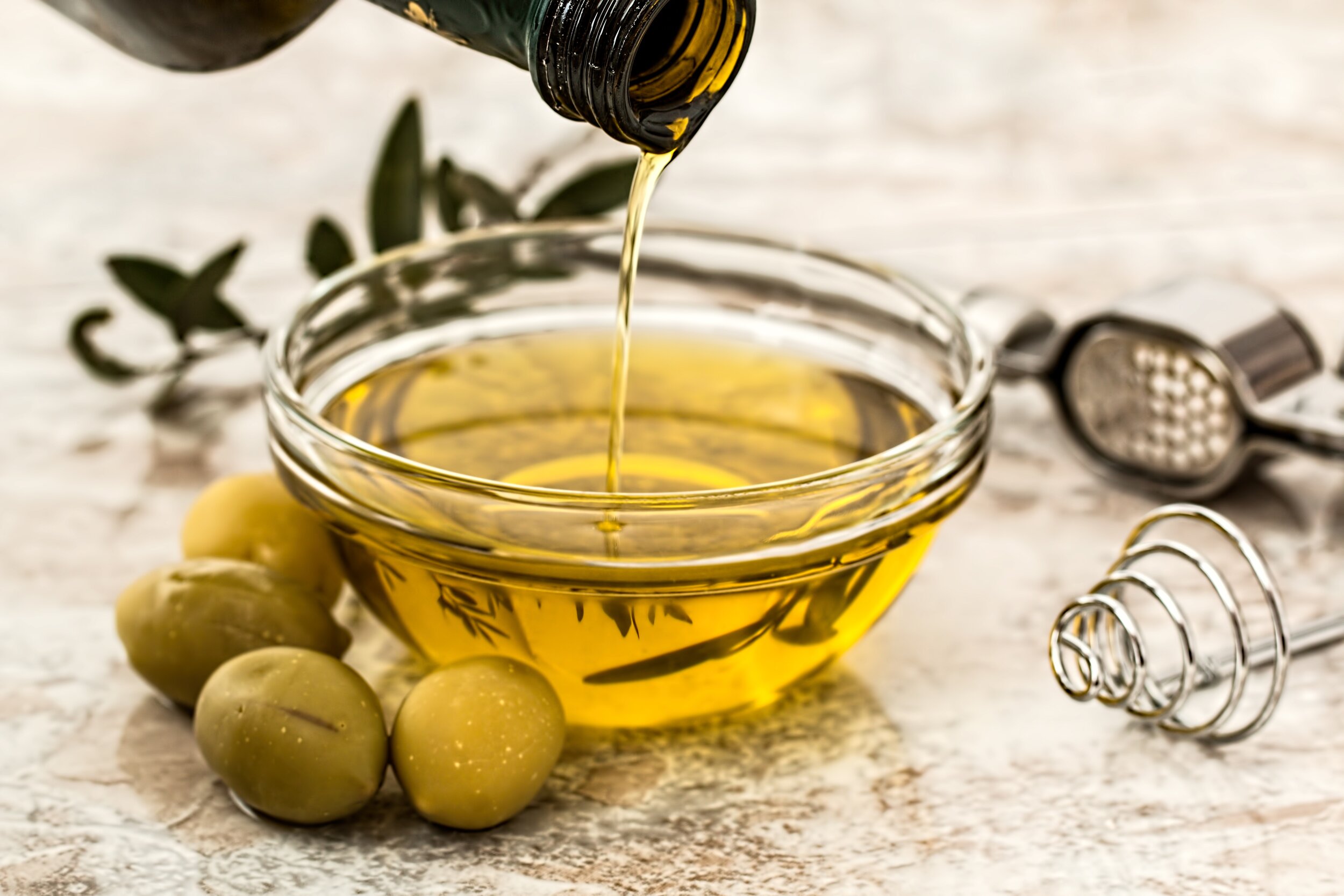Discovering the Different Sorts Of Olive Oil and Their Usages, Consisting Of Additional Virgin Olive Oil
The expedition of olive oil incorporates a diverse series of kinds, each offering cooking applications and distinct flavors. Additional virgin olive oil, renowned for its exceptional quality and health advantages, functions as a staple in many kitchen areas, yet it is only one facet of this diverse active ingredient. extra virgin olive oil benefits. Other varieties, such as refined and pure olive oils, likewise necessitate interest for their one-of-a-kind residential properties and usages. Comprehending these differences can considerably impact both food preparation strategies and taste profiles. What, then, should one consider when choosing the right olive oil for a certain cooking endeavor?
What Is Olive Oil?
Obtained from the fruit of the olive tree, olive oil is a staple in Mediterranean food and a crucial active ingredient in various cooking applications. This versatile oil is created by pushing whole olives, resulting in a liquid that varies in scent, flavor, and shade relying on the kind of olives used, the region of farming, and the extraction process. Olive oil is predominantly made up of monounsaturated fats, particularly oleic acid, which is understood for its prospective health and wellness benefits, consisting of anti-inflammatory residential or commercial properties and cardio assistance.
In addition to its culinary usages, olive oil has a lengthy background of application in standard medication and skincare, owing to its rich antioxidant content (extra virgin olive oil benefits). The oil is frequently used in dressings, sauces, and for cooking approaches such as sautéing and roasting. Its distinctive flavor account can improve the preference of different recipes, making it an important ingredient for both home cooks and professional cooks
Additionally, olive oil is celebrated for its role in the Mediterranean diet regimen, which is related to numerous wellness benefits. As recognition of these benefits grows, olive oil proceeds to acquire appeal worldwide as an essential component of a healthy way of life.
Sorts Of Olive Oil
Comprehending the different kinds of olive oil is essential for both culinary enthusiasts and health-conscious customers. Olive oil is identified primarily based upon its extraction approach and high quality, which significantly affects its flavor, scent, and health and wellness benefits.

Light olive oil, regardless of its name, describes a lighter flavor and not reduced calories. It is excellent for those looking for a more subtle taste in dressings and marinates. In addition, there are flavored olive oils instilled with natural herbs, spices, or citrus, which can enhance meals without the need for extra seasoning.
Each kind of olive oil offers specific cooking functions, and understanding these distinctions enables customers to make educated choices that line up with their cooking styles and health objectives.
Bonus Virgin Olive Oil
Additional virgin olive oil (EVOO) is widely considered as the finest quality olive oil available, popular for its rich flavor and many wellness advantages. To be classified as additional virgin, the oil must be generated from fresh olives making use of mechanical processes, without making use of solvents or too much warmth. This thorough method preserves the oil's all-natural tastes, anti-oxidants, and healthy and balanced fats, causing an item with a low acidity level of less than 0.8%.
EVOO is abundant in monounsaturated fats, particularly oleic acid, which is linked to decreased swelling and improved heart health and wellness. It also includes polyphenols, effective antioxidants that may offer safety results against persistent conditions. The flavor profile of EVOO can differ significantly relying on the olive variety and region of manufacturing, varying from fruity and grassy to durable and sharp.

Culinary Uses of Olive Oil

In food preparation, olive oil can be made use of for sautéing, toasting, and cooking, giving a much healthier choice to butter or various other fats. Its high smoke factor makes it appropriate for different cooking approaches, while its anti-oxidants add to a heart-healthy diet. Showering olive oil over ended up recipes, such as pasta, fish, or smoked veggies, can raise flavors and include a touch of style.
In addition, olive oil plays a substantial duty in cooking, where it can replace traditional fats in recipes for bread and breads, giving moisture and a refined preference. It likewise serves as a base for infused oils, allowing cooks to try out tastes such as garlic, herbs, or chili, further increasing its culinary potential. Overall, olive oil's convenience makes it vital in both home and expert kitchens.
Finding Quality Olive Oil
When picking high quality olive oil, it's necessary to consider numerous essential factors that affect the product's taste, health and wellness, and click for more fragrance advantages. Primarily, opt for additional virgin olive oil (EVOO), which is originated from the very first cool pressing of olives and contains the highest degree of antioxidants and valuable compounds. Try to find oils that are certified by acknowledged companies, as this often makes sure adherence to strict quality criteria.
The packaging likewise plays a significant function in protecting the oil's integrity. Choose oils saved in dark glass containers or tins to safeguard against light destruction. Pay attention to the harvest date; fresher oils use superior flavor and nutritional value, so choose items that are within 18 months of their harvest.
Furthermore, consider the origin of the oil. Premium olive oils usually come from specific regions known for their distinct flavor profiles, such as Italian, Spanish, or Greek oils. Lastly, be conscious of the preference; a great top quality olive oil need to have an equilibrium of fruity, bitter, and sharp notes, showing its richness and complexity. By examining these aspects, you can ensure you are selecting the finest olive oil for your culinary needs.
Verdict
In recap, the exploration of various kinds of olive oil exposes unique characteristics and applications, with extra virgin olive oil standing for the peak of high quality due to its reduced level of acidity and high antioxidant content. Its versatility in cooking uses enhances tastes in dressings, marinades, and drizzles. Recognizing the different varieties of olive oil permits for notified choices in food preparation methods, advertising healthier practices while improving the general gastronomic experience. Quality option stays important for optimal advantages.
Obtained from the fruit of the olive tree, olive oil is a weblink staple in Mediterranean food and a key active ingredient in various culinary applications.The most usual types of olive oil include improved More about the author olive oil, pure olive oil, and light olive oil.Extra virgin olive oil (EVOO) is extensively pertained to as the highest possible top quality olive oil available, celebrated for its abundant taste and numerous health advantages. Decide for extra virgin olive oil (EVOO), which is obtained from the initial cold pressing of olives and consists of the highest possible levels of antioxidants and useful compounds.In recap, the exploration of different kinds of olive oil discloses distinct qualities and applications, with added virgin olive oil standing for the peak of quality due to its low level of acidity and high antioxidant web content.